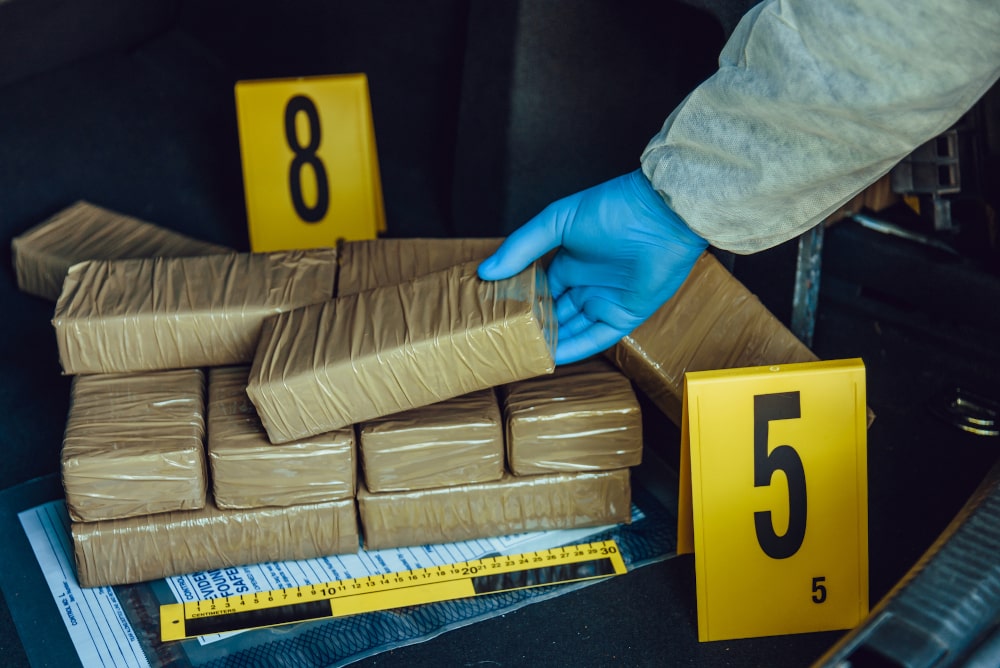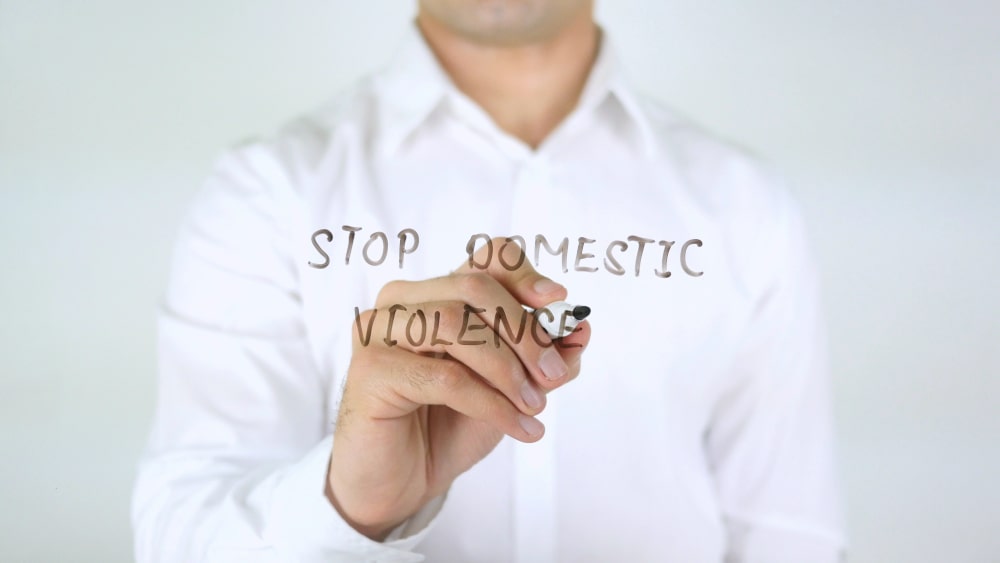
Being charged with drug trafficking in Toronto or anywhere in the Greater Toronto Area is a serious predicament that can lead to devastating consequences – even up to life sentences for the most severe cases. In addition, drug trafficking charges often come with the creation of a criminal record and social stigma, leading to issues with finding employment and residence and making you ineligible to cross the border.
There are several defence strategies available in drug trafficking cases that are often employed by experienced drug lawyers to challenge the evidence against you. Below, we go into more detail about what exactly drug trafficking is defined as under Canadian law, which penalties are applied, and what are the available defence strategies to contest charges.
What Exactly is Drug Trafficking Under the Canadian Law?
The Controlled Drugs and Substances Act defines drug trafficking in Section 2 as either of the following in relation to drugs, referred to legally as controlled substances:
- selling, administering, giving, transferring, supporting or delivering the substance,
- selling authorization to obtain the substance,
- offering to do anything from above.
At the same time, Section 5 makes it an offence for anyone to engage in the trafficking of controlled substances outlined in Schedules I-IV of the Act or any other substances disguised as controlled substances, aka fake drugs.
Schedules I-V of the Act encompass an extensive list of drugs. These include:
- “hard drugs” such as heroin and cocaine, as well as fentanyl, methamphetamines, and other substances, listed under Schedule I,
- synthetic cannabinoids, included in Schedule II,
- LSD, mescaline, listed in Schedule III,
- barbiturates and steroids, included in Schedule IV.
The broad definition of drug trafficking allows for charges to be brought even if there is no sale of controlled substances, since just making an offer to sell is in itself considered a crime. Moreover, the criminal charges for drug trafficking will not be affected if someone traffics any other substance – for example, a laundry detergent, which they falsely represent as drugs.
Finally, even if there is no offer or sale of drugs, someone can still be charged for the possession for the purpose of trafficking, which has the same legal consequences as a trafficking offence.
In determining whether or not someone possesses drugs for the purpose of trafficking, the prosecution will assess various factors, such as the amount of the substance and the presence of wrapping materials or scales for measuring.
However, unlike drug distribution cases, charges for possession for the purpose of trafficking are only possible if the material found is a controlled substance, and not something else disguised as a drug.
Potential Penalties for Trafficking Convictions
The penalties for drug trafficking depend on the type of controlled substance and whether or not the Crown chooses to proceed by indictment or summarily. In most cases, trafficking of cocaine, heroin, methamphetamines, and fentanyl leads to the most severe penalties.
If someone is charged with trafficking Schedule I drugs (“hard drugs”) and Schedule II drugs (synthetic cannabinoids), the charges will always proceed by indictment with a potential maximum penalty of life in prison.
In the case of trafficking substances listed in Schedules III or IV, the Crown may elect to proceed either by indictment or summarily. During the indictment process, the maximum sentence is generally 10 years in prison for Schedule III or IV drugs, and three years of imprisonment for Schedule IV substances in less severe cases. During the summary process, the maximum sentence for Schedule III or IV substances is 18 months, and one year for Schedule IV drugs in more minor circumstances.
How to Address Your Trafficking Charges
When someone is accused of drug trafficking or possession with the purpose of trafficking, it is essential to secure the assistance of an experienced drug lawyer as soon as possible following the arrest.
Since drug trafficking is considered a serious offence in Canada, the Crown will most often contest your release on bail. Moreover, in case of trafficking of Schedule I or Schedule II substances, it is the responsibility of the accused to convince the court why they should be released. The assistance of a drug lawyer will be instrumental in demonstrating why the accused should be granted bail and in negotiating bail conditions.
Defence based on Charter rights violations
During drug trafficking cases, one of the most common defences is whether or not the police and the prosecution have obtained evidence in a manner that does not violate someone’s constitutional rights and Charter rights. A drug lawyer may request the exclusion of evidence which was obtained through an illegal seizure where the police didn’t have lawful grounds to search someone or their personal belongings, vehicle, or property.
Defence based on reasonable doubt
In other types of defence, your lawyer may raise a reasonable doubt about all evidence which was legally obtained by the prosecution. For example, a drug lawyer may question the identification of the accused, contesting the presence of intent to traffic drugs or the nature of the substances involved.
- When a lawyer contests the identification of the accused, the Crown must prove beyond reasonable doubt that it is the accused who trafficked the drugs and not someone else.
- In other cases, a drug lawyer may raise doubt about the presence of intent to traffic, for example, when the accused was unaware of the presence of drugs or possessed them for personal use.
- Another available defence strategy relates to the nature of the drugs and whether or not they are listed as controlled substances under Schedules I-IV of the Act.
Consult with the Criminal Defence Experts
Drug trafficking cases can lead to severe penalties of up to life sentences, and require the assistance of experienced criminal lawyers. Those accused of drug trafficking will benefit from the early involvement of drug lawyers, starting from the bail stage all the way to the trial.
Your drug defence lawyers will ensure the disclosure of all the evidence the Crown has against you, identify any violations of the criminal process or Charter rights, and assist you in mounting a strong defence.
If you or your close ones have been arrested and charged with drug trafficking, don’t hesitate to contact our Vilkhov Law criminal defence experts as early as possible for a free initial consultation.






